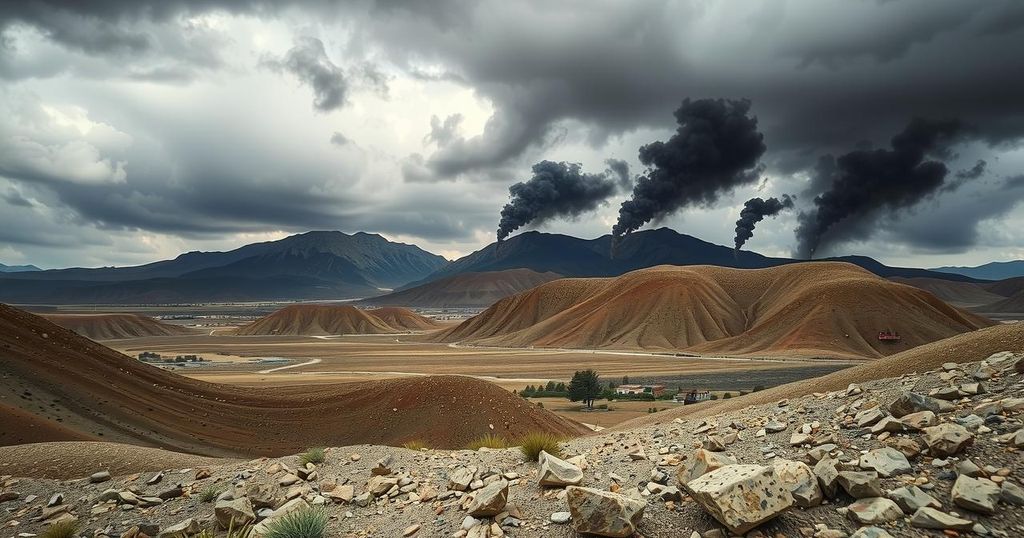Israel has intensified its military operations in South Lebanon, targeting Hezbollah with airstrikes, which have resulted in casualties. The Israeli military claims these strikes are necessary to dismantle threats. Meanwhile, Hezbollah has remained silent militarily, attributing responsibility to the Lebanese state, potentially to avoid public backlash and criticism of its strategies.
The recent escalation of Israeli military strikes in South Lebanon marks the most intense period since the February 18 withdrawal deadline. An airstrike on Saturday targeted a vehicle, resulting in one fatality and injuries to another. Israeli military spokesperson Avichay Adraee stated that a drone strike was aimed at a Hezbollah operative involved in resurrecting terrorist infrastructure in the region. He reiterated Israel’s commitment to neutralizing threats posed by Hezbollah.
Israeli warplanes conducted extensive aerial operations over Nabatieh and Iqlim al-Tuffah after over 20 heavy airstrikes targeted multiple southern towns, including locations in Mount Rihan and Sidon. The Israeli military confirmed that these strikes hit Hezbollah military sites, identifying them as weapons storage and rocket launch locations posing risks to Israel.
In contrast to the ongoing aggression, Hezbollah has opted for a stance of “military silence,” appearing to delegate responsibility to the Lebanese state. This message was reinforced by MP Hussein Hajj Hassan. Military analyst Riad Kahwaji suggested that Hezbollah’s tactics aim to deflect blame from itself and avoid criticism for its strategy that has led to significant destruction in Lebanon.
Kahwaji argued that Hezbollah’s approach is a diversion, suggesting that it may eventually position itself as the necessary force to maintain stability and funding for reconstruction through its weapons and potential Iranian financial support. Meanwhile, MP Hussein Hajj Hassan raised concerns about the Israeli occupation and urged the Lebanese government to respond to public inquiries regarding American apathy towards the situation and Israeli actions.
He emphasized questions related to the government’s strategy to address the continued occupation and actions they would take in response to US complicity with Israeli aggression, expressing concern for southern residents and families of martyrs and prisoners.
In summary, South Lebanon has experienced heightened military activity following the expiration of the Israeli withdrawal deadline. Israel’s focused operations aim to dismantle Hezbollah’s military capacity, while Hezbollah’s shift of responsibility to the Lebanese state raises questions about accountability. As regional tensions persist, the discourse around government responses and the implications of foreign involvement remains critical.
Original Source: english.aawsat.com






